Challenging the Old Order: Towards New Directions in Traffic Safety Theory 1st Edition by J. Peter Rothe
HARDCOVER
[250 pages]
PUB:January 01, 2021
Description
Traditionally, efforts to promote traffic safety have been limited to the sphere of driver, vehicle, and roadway. Only recently has research begun to look at the larger society. Despite this, most areas of traffic policy remain telescopic. This volume begins to remedy that deficit. Too often, traffic safety personnel base their actions on piecemeal data, isolated philosophical direction, and limited conceptualization. Decisions are reached quickly, but without rigorous reflection, and with no comprehensive policy orientation. Rothe and his group have led an innovative effort to develop new orientations in traditional disciplines (such as law, psychology, education, engineering) as well as to identify disciplines that should be contributing to the field (such as qualitative sociology economics, political science, communication, and ethics). Their purpose is to take traffic safety research to a higher plane. This book is the result of a week-long discourse in which internationally renowned scholars presented informed points of view that have not previously been topical in traffic-related research. Their arguments were debated and critiqued by practitioners, researchers, political officials, and other members of the traffic safety community. The result of this unusual approach is a state-of-the-art volume of fundamental importance to policymakers concerned with traffic safety issues.
| Weight | 1.1 lbs |
|---|---|
| Dimensions | 6 × 0.75 × 9 in |
| ISBN-10 | |
| Author | |
| Format | |
| Language | |
| Publication Date | |
| Publisher |
Be the first to review “Challenging the Old Order: Towards New Directions in Traffic Safety Theory 1st Edition by J. Peter Rothe”
You must be <a href="https://webdelico.com/my-account/">logged in</a> to post a review.




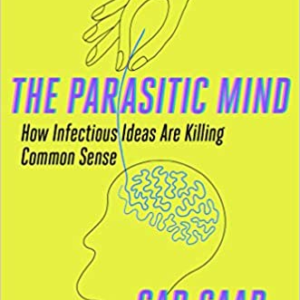
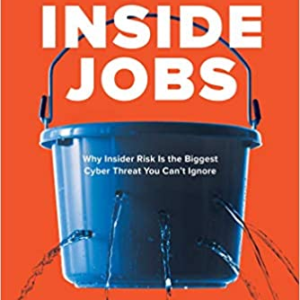

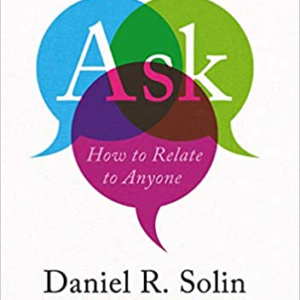
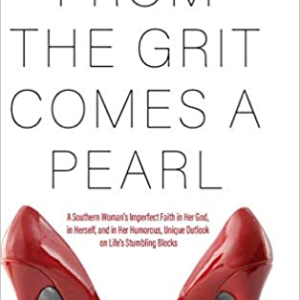
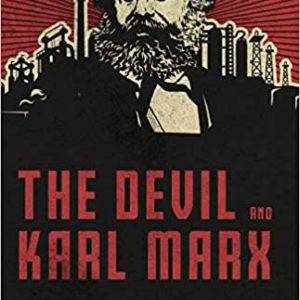

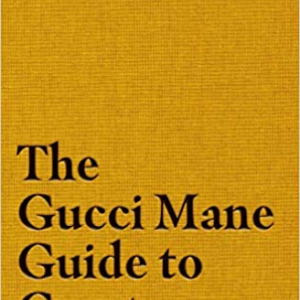
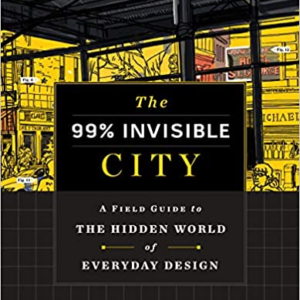
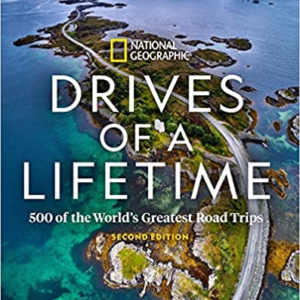

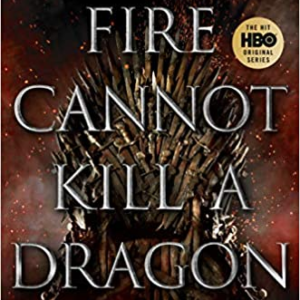










There are no reviews yet.